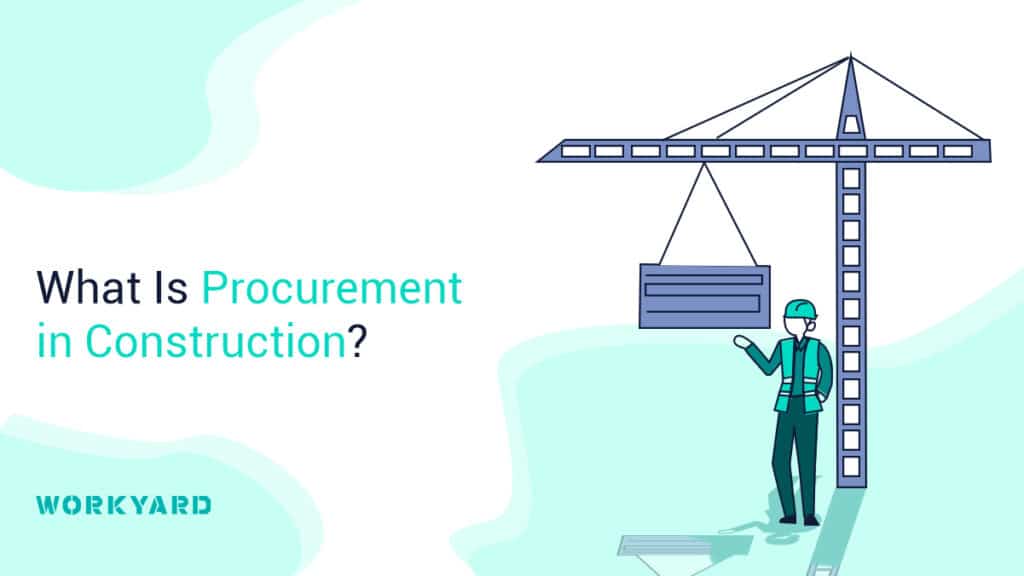Procurement plays a vital role in the construction industry and is all about sourcing and purchasing materials. The procurement process begins by identifying project requirements and developing a detailed scope of work. This includes determining necessary materials, equipment, and subcontractors, as well as setting quality standards, timelines, and budgets.
The following key steps are typically always a part of the construction procurement process:
Step 1: Supplier Identification
In this stage, prospective suppliers or subcontractors are identified and evaluated based on their capabilities, reputation, and pricing.
Step 2: Supplier Selection
Next, a supplier or multiple suppliers are selected based on their track record, performance, and adherence to safety and quality standards.
Step 3: Negotiation and Contracting
Before a contract with the selected supplier is signed, negotiations are conducted to establish pricing, terms, and conditions. Contracts or purchase orders are then finalized, outlining the agreed-upon terms and delivery schedules.
Step 4: Procurement Execution
After the contract is finalized, the procurement process moves into the execution phase. Here, regular check-ins occur between a construction procurement manager and the supplier to ensure the timely delivery of materials and equipment.
Step 5: Supplier Relationship Management
Throughout the project, the construction procurement manager maintains regular communication with the supplier, addressing concerns and adapting scheduling according to project needs.
Successful procurement in the construction sector requires attention to detail, effective communication, and negotiation skills. Construction professionals involved in procurement need a thorough understanding of industry practices and supply chain management.
By effectively managing procurement, project stakeholders can enhance outcomes, improve efficiency, and maximize the success of each construction project.

